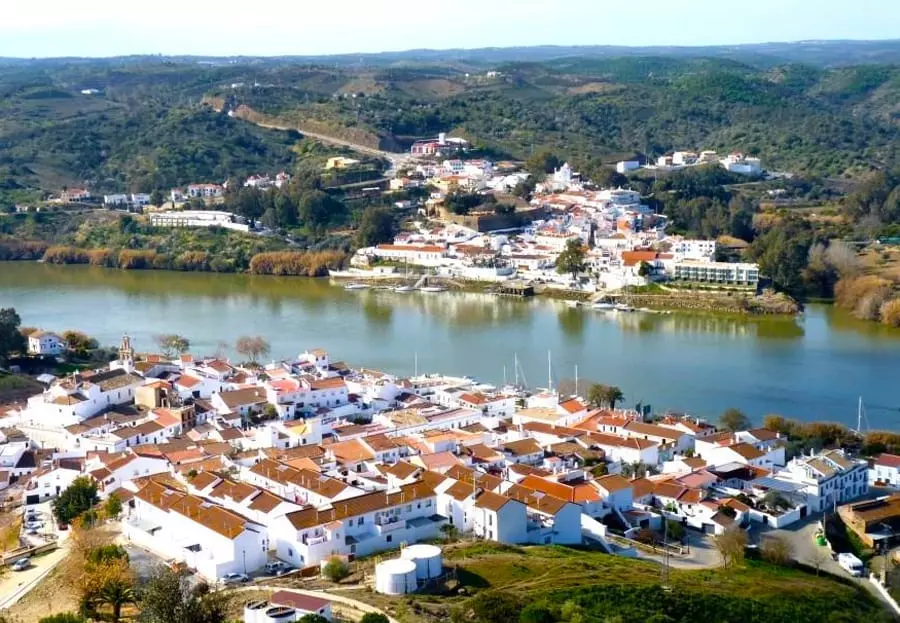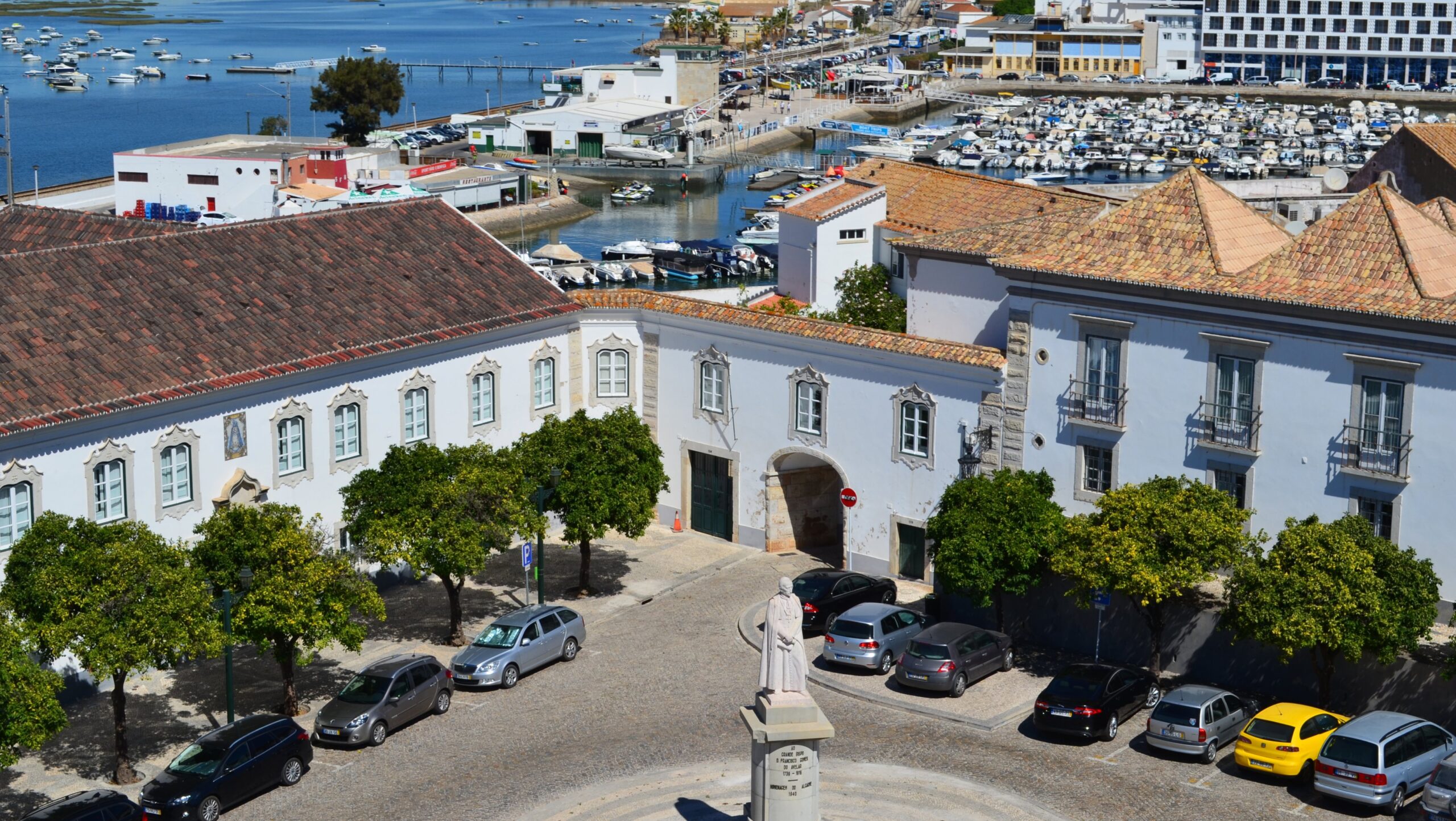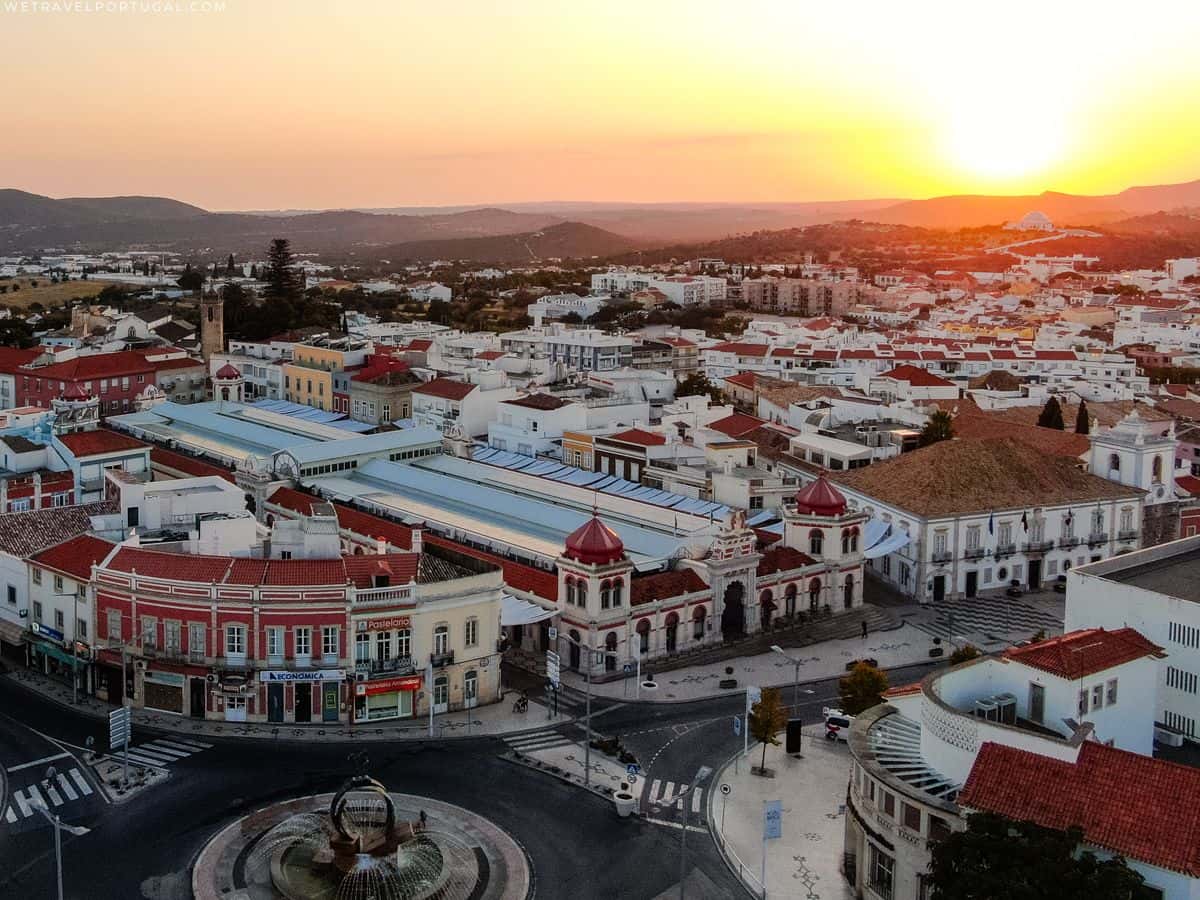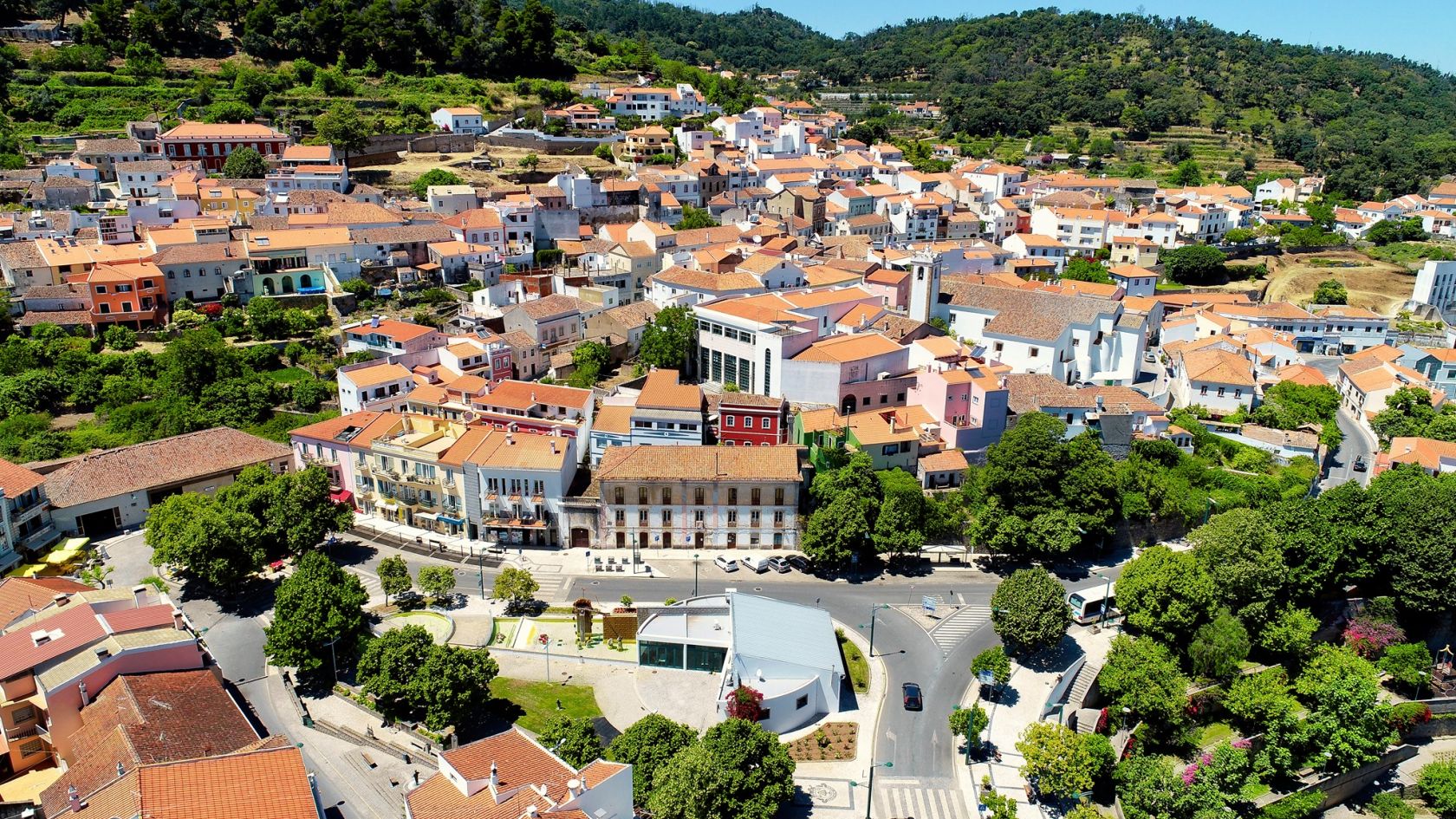Frequently Asked Question (FAQ)
A: Algarve is renowned for its stunning beaches, picturesque coastal towns, rich cultural heritage, and year-round pleasant weather.
A: Algarve is enjoyable throughout the year, but the peak tourist season is from June to September, when the weather is warmest and the beaches are vibrant.
A: The Algarve has an International Airport in Faro (Gago Coutinho Airport) which offers direct flights from major cities in Europe. Alternatively, you can also reach the region by train or car.
A: You can find accommodation in Algarve through online travel platforms, hotel websites, or by contacting local tourist information centres.
A: Some of the top beaches in the Algarve include Praia da Marinha, Praia da Falésia, Praia de Dona Ana, and Praia da Rocha.
A: Yes, the Algarve is home to numerous historic sites such as Silves Castle, Lagos Old Town, and Sagres Fortress.
A: Portugal offers a wide range of outdoor activities including surfing, hiking, golfing, boat tours, and dolphin watching.
A: Yes, Portugal caters to travelers with various budgets. There are affordable accommodation options, local eateries, and free or low-cost attractions to explore.
A: Yes, you must try local specialties such as Cataplana (seafood stew), grilled sardines, and Dom Rodrigo (traditional dessert).
A: Yes, the beaches in Portugal are generally safe for swimming. However, it's advisable to follow any safety guidelines or flags displayed at the beaches.
A: Yes, the Algarve is home to beautiful natural parks such as Ria Formosa Natural Park and Costa Vicentina Natural Park, offering diverse flora and fauna.
A: Yes, Portugal has a reliable public transportation system, including buses and trains that connect various towns and cities.
A: Yes, the Algarve hosts several vibrant festivals throughout the year, including the Festival Med in Loulé and the Algarve International Fair in Portimão.
A: Family-friendly attractions in the Algarve include Zoomarine park, Lagos Zoo, and Aquashow Water Park.
A: Yes, the Algarve offers excellent biking trails, especially in the Ria Formosa area, providing a unique way to explore the region's natural beauty.
A: Yes, Portugal is known for its traditional crafts such as ceramic tiles, woven baskets, and cork products, which make for great souvenirs
A: Yes, the Algarve's central location allows for convenient day trips to places like Lisbon, Évora, and Seville in Spain.
A: Yes, Portugal has several wineries and vineyards where you can take tours, taste local wines, and learn about the winemaking process.
A: Absolutely! Portugal offers a range of water sports activities including surfing, paddleboarding, jet skiing, and parasailing.
A: Yes, there are various boat tours available that offer dolphin watching experiences along the Portugal's coastline.
A: The Algarve has Monte Rei, Vale do Lobo Ocean, and Quinta do Lago South, famed for stunning views and tough play.
A: The Algarve offers rentals at beaches. Paddle in calm Ria Formosa or brave the Atlantic coast.
A: The Algarve’s Praia de São Rafael and Santa Eulália have shade. Bring market snacks.
A: The Algarve’s Monchique and Loulé offer weaving workshops and textiles.
A: The Algarve has cheap buses, trains, and bikes. Get a travel card for savings.
A: The Algarve’s Arco do Repouso in Faro and Arco da Porta Nova in Silves are on tours.
A: The Algarve offers mini-golf, go-karting, and Sand City. Beaches have safe play areas.
A: The Algarve’s Senhora da Rocha and Cabo de São Vicente give great views.
A: The Algarve’s Carnival in Loulé and Seafood Fest in Olhão shine—check calendars.
A: The Algarve’s Lagoa wineries and Monchique olive oil spots offer tours and tastes.
A: The Algarve’s tascas and "menu do dia" deals offer cheap, tasty meals.
A: The Algarve’s Praia da Ilha de Tavira and Praia do Barril are best for shells.
A: The Algarve’s Olhão and Quarteira ports show daily catches and canning.
A: The Algarve’s Slide & Splash and Aqualand offer slides and pools for all.
A: The Algarve’s Sé Cathedral in Faro and Igreja de São Lourenço in Almancil have tours.
A: The Algarve’s cataplana, grilled sardines, and percebes are must-tries.
A: The Algarve’s rural spots and beaches are great for stargazing.
A: The Algarve’s Ria Formosa islands are reachable by ferry or boat tour.
A: The Algarve offers beach and trail rides for all skill levels.
A: The Algarve’s Lagoa and Portimão wineries offer tours and tastings.
A: The Algarve’s beaches, trails, and town centres are free to explore.
A: The Algarve’s west coast, like Sagres, has great waves and surf schools.
A: The Algarve’s boat tours explore Benagil Cave and other sea caves.
A: The Algarve’s Vila Vita Parc and Conrad Algarve offer luxury stays.
A: The Algarve’s markets and shops sell local soaps; some offer demos.
A: The Algarve’s west beaches and cliff bars are perfect for sunsets.
A: The Algarve’s jeep safaris explore off-road trails and villages.
A: The Algarve’s Tavira and Monchique offer peaceful, scenic stays.
A: The Algarve’s Faro and Lagos have language schools for all levels.
A: The Algarve’s snorkeling, diving, and Ocean Revival park are top picks.
A: The Algarve’s Silves and Lagos walls have guided tours.
A: The Algarve’s Praia do Barril and Praia da Marinha are hidden gems.
A: The Algarve’s Monchique Thermal Spa offers hot springs and treatments.
A: The Algarve’s Praia da Marina and Vale do Lobo have loungers and calm waters.
A: The Algarve’s boat tours spot whales during migration, but dolphins are more common.
A: The Algarve’s Quinta do Lago and Loulé market are top for shopping.
A: The Algarve’s RIAS and beach clean-ups welcome eco-volunteers.
A: The Algarve’s Olhão and Portimão restaurants serve fresh catches.
A: The Algarve’s Tavira, Silves, and Lagos offer walking tours.
A: The Algarve’s paragliding, kitesurfing, and rock climbing thrill.
A: The Algarve’s markets sell local candles; some artisans offer demos.
A: The Algarve’s Praia de Alvor and Carvoeiro are calm and safe.
A: The Algarve offers private yacht charters for coastal trips.
A: The Algarve’s gyms, beach runs, and water sports keep you fit.
A: The Algarve’s Sagres Fortress and Cape St. Vincent tell explorer tales
A: The Algarve’s Praia da Marinha and Albandeira have clear pools.
A: The Algarve’s Palácio de Estói near Faro offers guided visits.
A: The Algarve’s Faro Municipal and Portimão Museums are must-sees.
A: The Algarve’s Ria Formosa and Castro Marim are birdwatching hotspots.
A: The Algarve’s Lagos and Tavira galleries and street art shine.
A: The Algarve’s boat tours from Albufeira explore cliffs and coves.
A: The Algarve’s spring and autumn offer quiet beaches and mild weather.
A: The Algarve’s Olhão and Tavira boatyards show wooden boat craft.
A: The Algarve’s markets and workshops sell ceramics and baskets.
A: The Algarve’s Ria Formosa and Vicentine Coast parks have tours.
A: The Algarve’s Benagil Cave and Lagos cliffs are photo-perfect.
A: The Algarve’s homestays, cooking classes, and craft workshops immerse you.
A: The Algarve’s Praia da Rocha and Armação de Pêra are spacious and sunny.
A: The Algarve’s Milreu ruins and Alcalar monuments have tours.
A: The Algarve’s Albufeira and Lagos offer bars, clubs, and beach parties.
A: The Algarve’s fado shows and festivals feature local tunes.
A: The Algarve’s Praia da Luz and Odeceixe are great for surfing.
A: The Algarve’s Cape St. Vincent and Faro Island lighthouses are open.
A: The Algarve’s tascas serve cataplana and grilled fish; markets too.
A: The Algarve’s eco-tours and organic farms teach sustainability.
A: The Algarve’s Seven Hanging Valleys Trail offers stunning views.
A: The Algarve’s Forte de Ponta da Bandeira in Lagos has tours.
A: The Algarve’s Faro and Albufeira have scooter and bike rentals.
A: The Algarve’s estates offer olive oil tours and tastings.
A: The Algarve’s clubs, language exchanges, and small towns connect you.
A: The Algarve’s Arco da Vila in Faro is part of city tours.
A: The Algarve’s Ponta da Piedade and Ilha do Farol are snorkel spots.
A: The Algarve’s São Brás de Alportel has cork factories and tours.
A: The Algarve’s Seven Hanging Valleys and Via Algarviana are top trails.
A: The Algarve’s Silves and Paderne castles offer guided visits.
A: The Algarve’s Ria Formosa and Monchique are nature-rich.
A: The Algarve’s retreats offer yoga and meditation in serene spots.
A: The Algarve’s Praia da Falésia and Faro have calm waters and facilities.
A: The Algarve’s villages offer fishing trips with locals.
A: The Algarve’s hotels and cafes offer free Wi-Fi; SIM cards are cheap.
A: The Algarve’s Porches and Loulé have pottery and copperware workshops.
A: The Algarve’s Praia da Rocha and Odeceixe have stunning sunsets.
A: The Algarve’s Torre de Menagem in Silves offers tours and views.
A: The Algarve’s cork factory tours and pottery workshops are hidden gems.
A: The Algarve’s wineries offer tours, tastings, and harvest experiences.
A: The Algarve’s Tavira and Silves showcase Moorish and Gothic styles.
A: The Algarve offers balloon rides over the coast and countryside.
A: The Algarve’s Ria Formosa, coastal trails, and Monchique are scenic.
A: The Algarve’s Faro Maritime Museum and Sagres Fortress tell sea tales.
A: The Algarve’s dom rodrigos and fig cakes are sweet treats.
A: The Algarve’s hotels and rentals welcome pets; check filters online.
A: The Algarve’s beaches host yoga sessions, especially in summer.
A: The Algarve’s Porches and Loulé have pottery workshops and demos.
A: The Algarve’s emergency number is 112; know your hotel’s number too.
A: The Algarve’s Roman Bridge in Tavira is part of town tours.
A: The Algarve’s spas, beach yoga, and coastal walks are relaxing.
A: The Algarve’s Seafood Fest in Olhão and Loulé market are foodie faves.
A: The Algarve’s Lagos to Faro train offers coastal and country views.
A: The Algarve’s cooking schools teach cataplana and piri-piri chicken.
A: The Algarve’s beach bars, fado shows, and pubs offer chill nights.





